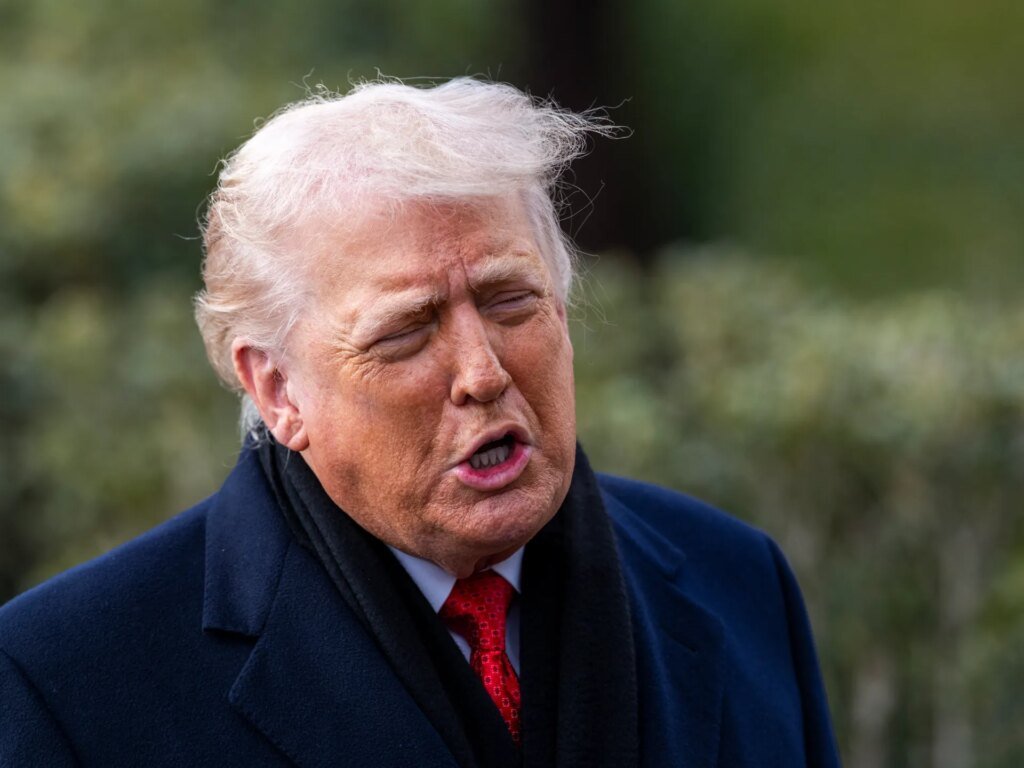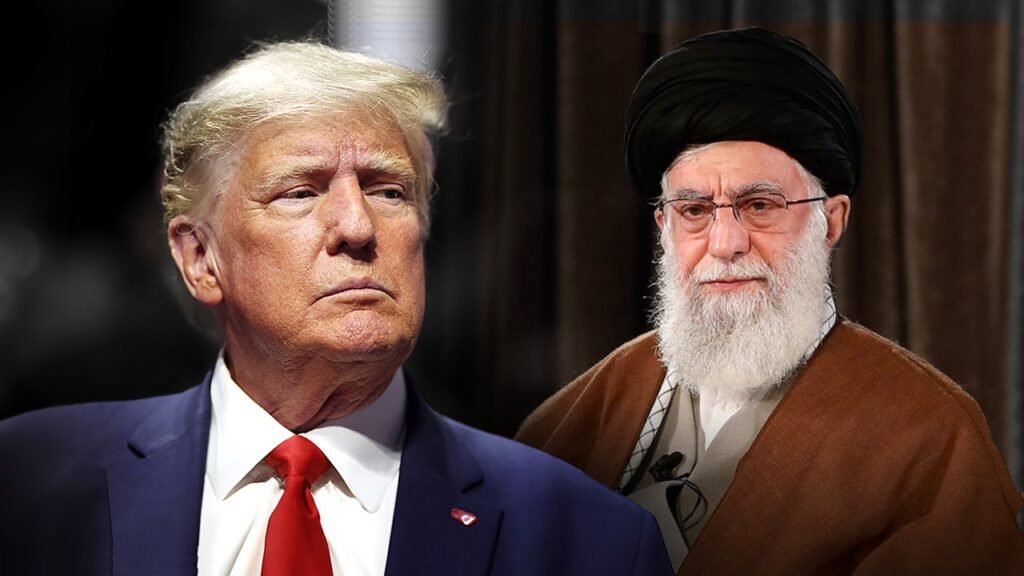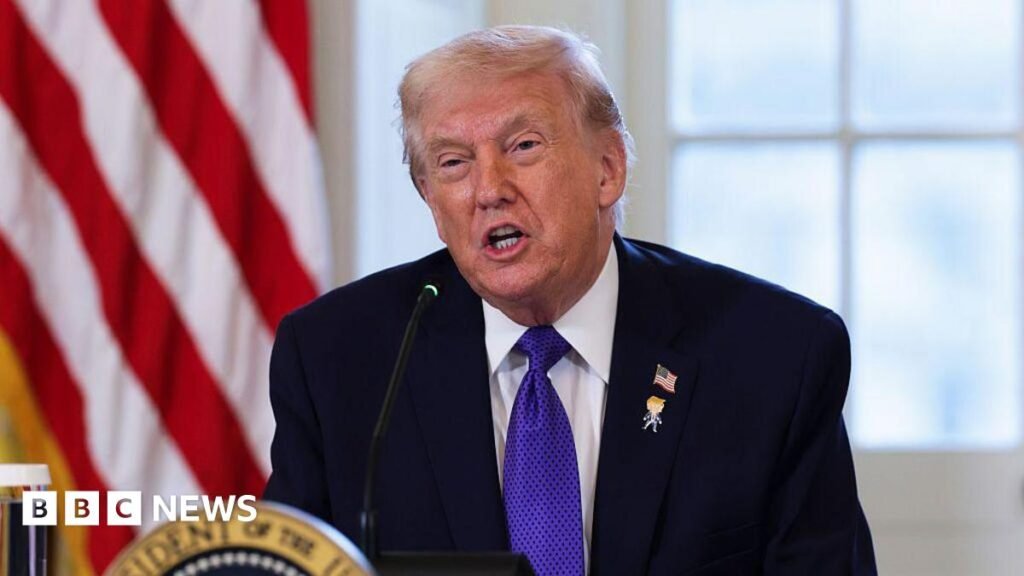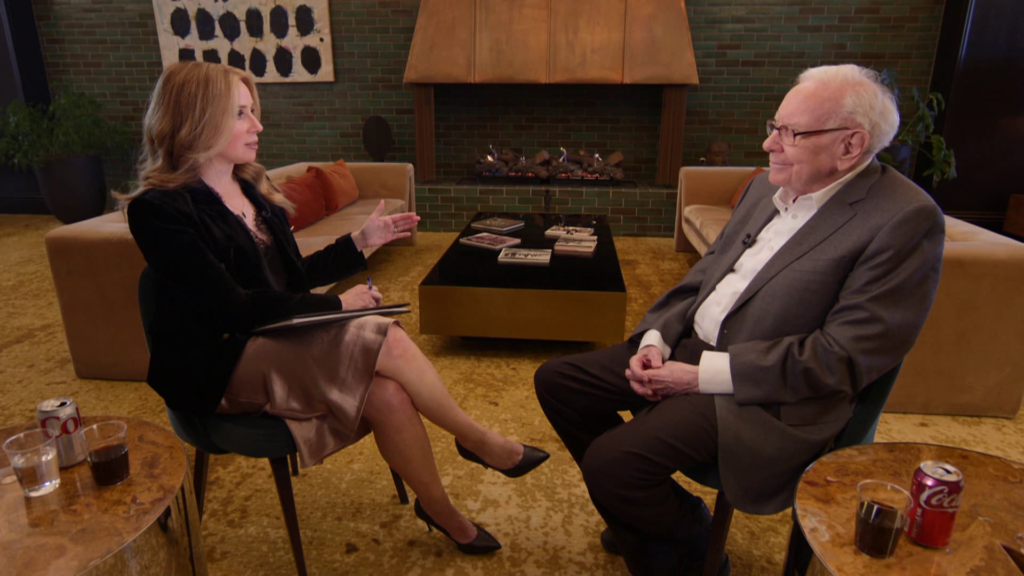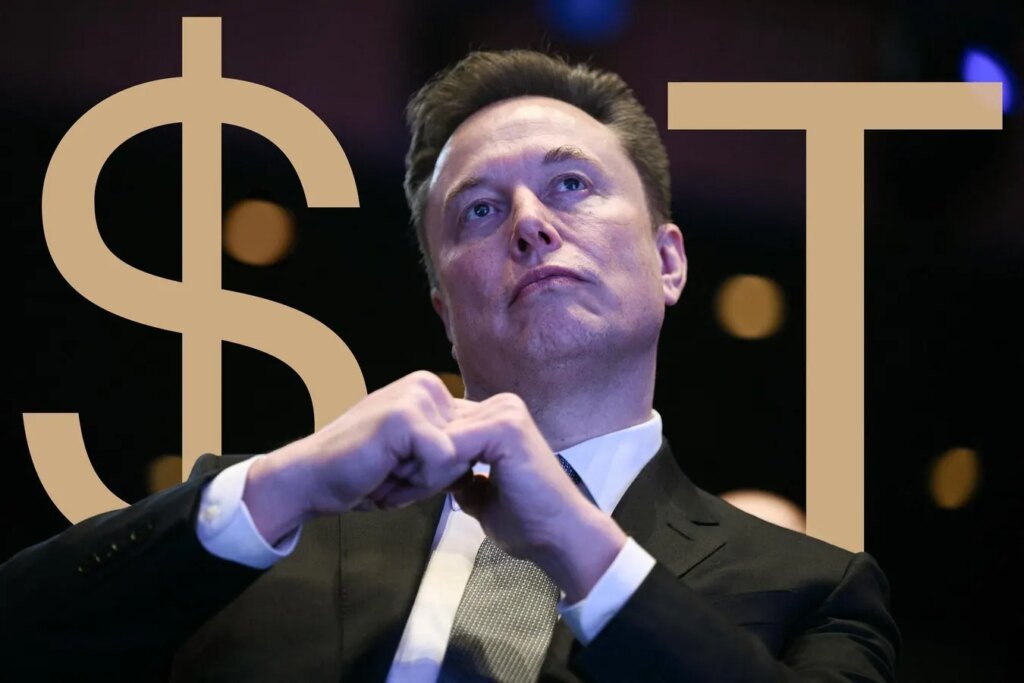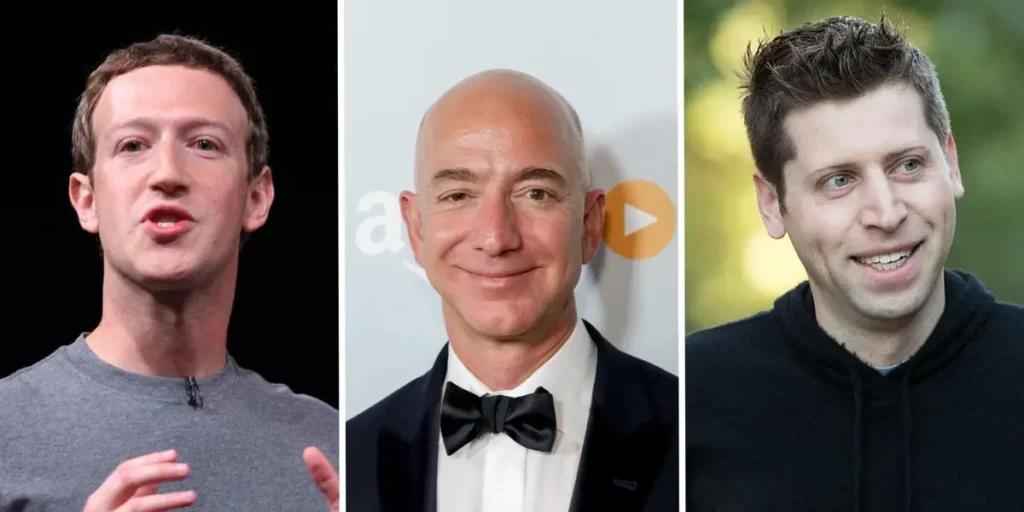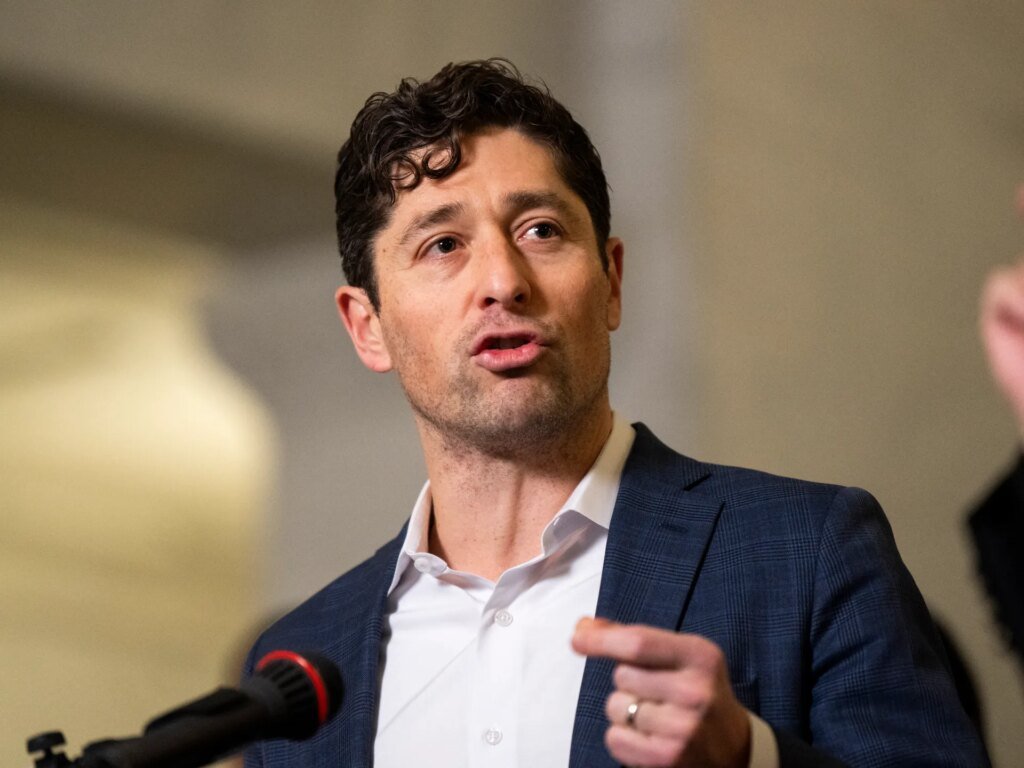Predicting China’s stance on any major global issue starts with a simple question: What is the United States’ position? More often than not, China’s approach will be shaped in reaction to US interests.
For decades, China has worked to erode US influence in the international system—and thanks to US President Donald Trump, it is closer than ever to achieving that goal. But instead of celebrating, Beijing finds itself in the uncomfortable position of having to deliver on its promises to provide global leadership.
Beijing’s selective bids for international influence—whether through the Belt and Road Initiative (BRI), the Global Security Initiative, or its attempts to reshape multilateral institutions—remain reactive rather than generative, defined more by opposition to the United States than by a coherent alternative vision. Now, as Washington retreats, Beijing will discover that dismantling a world order is easier than constructing one.
Long before Trump formally labeled China a “strategic competitor,” Beijing had already internalized the idea that the United States was an implacable adversary bent on containing the People’s Republic. This belief has been a constant in Chinese strategic thinking since the Mao era, persisting through the Nixon détente and accelerating with the US-China trade war, which Trump launched during his first term.
The consensus among Chinese scholars is that the US strategic rivalry is systemic, enduring, and epoch-defining. Yan Yilong, a professor at Tsinghua University, describes it as “not merely a disagreement between two sovereign states” but a “structural conflict between the great rejuvenation of the Chinese nation and American hegemony.”
Opposition to “US hegemony” is also the foundation of Sino-Russian ties, from the 1997 Sino-Russian Joint Declarationon a Multipolar World, to the more recent 2022 “no-limits” partnership. While Chinese President Xi Jinping and his Russian counterpart Vladimir Putin appear to share a personal rapport, their true bond is strategic.
China’s “New Era”
The notion that China is driving a historic transformation is central to Xi Jinping’s foreign policy. The “new era” concept, enshrined in the Chinese Communist Party constitution in 2017, and in the Sino-Russian strategic partnership in 2019, signals Beijing’s belief that the global balance of power is shifting in its favor. “New era” is closely tied to another phrase, “great changes unseen in a century,” which describes the decline of US hegemony and the emergence of a multipolar world.
Xi made it explicit that he sees himself and Putin as architects of this new era when he told Putin in March 2023, “right now, there are changes—the likes of which we haven’t seen for 100 years—and we are the ones driving these changes together.”
Beijing understands the Washington-led postwar order as an unjust mechanism for preserving US dominance. Prolific Chinese analyst Zheng Yongnian put it bluntly in a recent discussion on the US-Russia peace talks: “Before World War II, there was the colonial order and imperial rule; after the war, the US alliance system and the Cold War order were constructed.”
As such, Beijing has sought to reform, undermine, and offer alternatives in its bid for global leadership.
Along with other countries, it has pushed for International Monetary Fund (IMF) and World Bank reform and sought to increase its influence within the United Nations. It has put forward China-centric alternatives to the status quo, launchinginitiatives like the BRI. It has also stepped up its courtship of the “Global South,” expanding the Cold War-era non-aligned movement through the BRICS+ grouping and casting itself as the champion of former colonies pushing back against Western dominance.
Resistance to US hegemony even casts a shadow over domestic policy. China’s “Dual Circulation Strategy,” “Made in China 2025,” or “Military-Civil Fusion”—behind this sweeping securitization of China’s economy lies a single, long-standing threat: US dominance of the international system.
In other words, China has spent the past decade, if not longer, dedicated to breaking America’s grip over the levers of global power.
Enter Trump
Since then, a third architect of Xi and Putin’s “new era” has emerged—one who has, in a single month, done more damage to the United States’ global leadership credentials than Xi Jinping and Vladimir Putin have achieved in a decade: US President Donald Trump.
Trump’s America is still more than capable of exerting hegemonic influence. Like Western analysts, Chinese commentators view his foreign policy as a return to 19th-century expansionism. But he has also single-handedly unraveled a world order that Beijing saw as the most effective instrument of US power.
But now, after spending so long on rival bids for global leadership, can China deliver?
During Trump’s first term, Beijing attempted to capitalize on US isolationism, presenting itself as a defender of globalization and multilateralism. It is seeking to do the same this time around. Top foreign policy official Wang Yi told the Munich Security Conference that China is “providing the greatest certainty in this uncertain world.”
Judged on rhetoric alone, there can be no question that China currently is a more responsible global actor than the United States, but its approach to global leadership remains selective. Designed mostly as opposition statements, Chinese-led initiatives do not yet function as credible alternatives to US-led institutions.
The BRI, for example, is branding for a loose patchwork of bilateral deals rather than a framework for global governance. Chinese initiatives like the Global Security Initiative (GSI), or foreign policy concepts like Xi Jinping’s “community of common destiny” (CCD) are defined by opposition to Western structures, rather than as propositions for something substantively new.
The CCD concept, for example, is cast in opposition to an “old model” of international relations involving “Cold War thinking” and “zero-sum” politics. It is a wooly concept that envisages a utopian end state of international harmony without providing a road map.
The vagueness of China’s vision for global leadership reflects its primary goal: opposing the status quo rather than constructing a substantive alternative. China’s role to date has been easy, in the same way that criticizing an unpopular government from opposition is easier than governing. But as the US retreats from its traditional leadership role, expectations will shift and China may have to step up.
A Non-Committal Foreign Policy
Since the end of the Mao era, China has pursued a consciously non-committal foreign policy, stressing dialogue and non-interference, prioritizing flexibility over firm alignments, and avoiding political entanglements in order to maximize economic cooperation. This approach has served Beijing well, allowing it to maintain strong ties with rivals like Iran and Saudi Arabia. But if China is to take on more of a leadership role, it will not be able to maintain these self-serving principles. Advocating for harmony and platitudes about “win-win” cooperation work as critiques of US power, but China’s “community of common destiny” is a vision of international relations that cannot work in practice.
Western reactions to the unraveling of the world order have been dominated by shock and horror, emphasizing the advantage handed to Washington’s adversaries. Chinese commentary on the other hand, contains a healthy dose of schadenfreude, but it is far from jubilant, and the prevailing mood is one of caution—of bracing for the storm ahead.
When not opposing the United States, the other mantra of the Chinese Communist Party is stability. China has reaped enormous benefits from the postwar international order, and while the current turmoil may seem like an opportunity, it could turn out to be a poisoned chalice.
Beijing’s vision for a Chinese-led world order—of an end to “might makes right” politics and the beginning of a new harmonious era—has never felt more distant. Unless Beijing is willing to step up in ways it has so far avoided, this vision will remain purely rhetorical.
Filling the Gaps
By aligning with Putin’s position on Ukraine, Trump’s United States has proven itself as much an adversary of the “West” as Moscow. For European leaders, the temptation will be to seek rapprochement with China. But while Europe’s geopolitical priorities have shifted radically, it must not begin taking Beijing’s promises of “certainty” at face value.
China has long pursued a hard-edged realist foreign policy—its rhetoric of multilateralism and international order does not equate to shared values with Europe. Europeans have a record of viewing cooperation with China as a panacea in times of crisis, but they should avoid reverting to old naive assumptions about Beijing’s intentions. Rather than looking to Beijing to fill the void left by the United States, Europe must step up and fill the gaps itself.
This article previews our IPQ Spring 2025 issue “The China Factor,” out on March 27.
Jacob Mardell is a senior fellow and chair of Sinification, an organization that tracks and analyses Chinese elite discourse on the PRC’s international relations. He is also the editorial coordinator of a China-focused media project at the German NGO n-ost.



